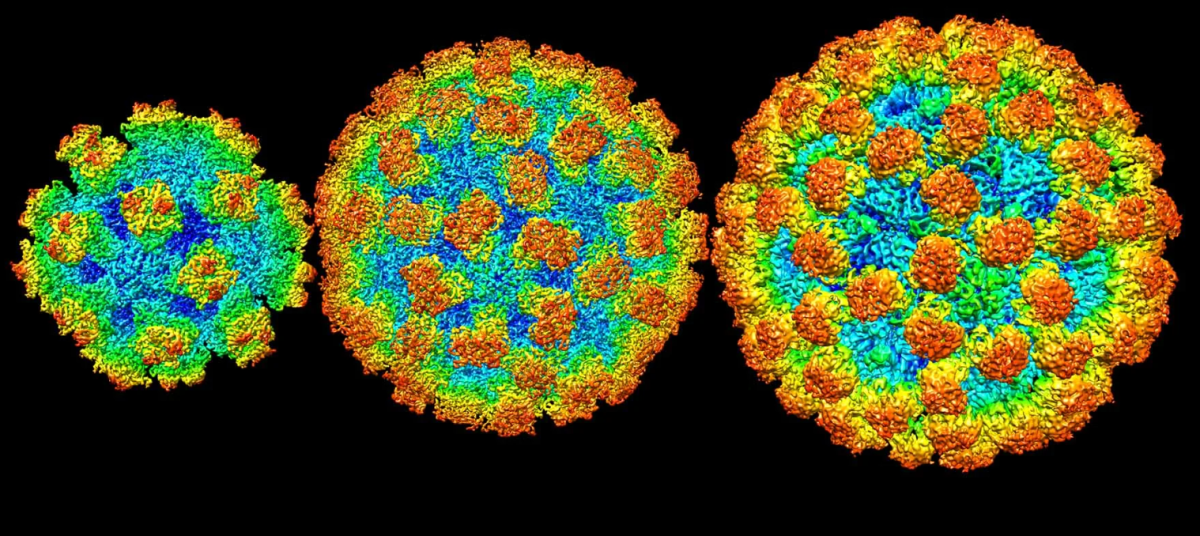As the United States progresses through early spring, people must beware of the seasonal and regional trends of the norovirus. The highly contagious norovirus—commonly referred to as the stomach flu— causes gastroenteritis, an inflammation of the stomach and intestines. The symptoms mimic those of the stomach bug, causing discomfort to the people infected with the virus.
The norovirus rates reached nearly 10% in regions such as the Midwest and Northeast by the end of March. Any traveling persons who visited these regions over spring break run the risk of facing exposure to the virus. If an infected person contaminates food or drinks or touches surfaces, they can spread the virus to people around them who consume or touch the infected objects. Although humans mainly spread the virus through direct contact, reports have identified the virus as airborne due to the effects of released particles remaining in the air for two hours.
Recently, the Food and Drug Administration(FDA) issued a recall and demanded several businesses stop serving oysters from Baja California, Mexico. Georgia, among over ten other states, has purchased these oysters that may contaminate the norovirus. While the FDA continues to investigate, Americans should proceed with caution when eating and purchasing oysters to lessen their risk of contamination with the virus.
“[The FDA] can implement more policies. More investigations.That way they can monitor how well these companies are abiding by the policies and [maintaining cleanliness] in their businesses,” magnet senior Orifewa Otusanya said.
Although the symptoms of the illness—typically— appear fairly acute, extreme cases of norovirus can appear life-threatening and require medical attention. Norovirus patients make up nearly 465,000 emergency room visits and 900 deaths annually. Once the body fights off the infection, the virus leaves the body and does not establish a carrier state.
To limit any possibility of exposure, people can take steps such as thoroughly washing their purchased produce—mainly vegetables such as leafy greens and fresh fruits, according to the CDC. The harvesters may have sprayed the produce with contaminated water, causing the fruits and vegetables to carry the virus on their surfaces. Furthermore, fully cooking foods such as seafood can help kill off the resistant virus that can survive at temperatures of 140 F. According to the CDC, various norovirus outbreaks hold traces of shellfish contamination due to the contaminated water the shellfish may have lived in.
“We can basically take on the same procedure [as we did for] COVID. Obviously, using hand sanitizer. [And for foods,] practicing safe sanitation can help,” Otusanya said.
While the U.S. continues and grow into a globalized country, various viruses will continue to sweep the nation. Americans can protect themselves, their loved ones and the country from harm by remaining educated on national and global health. Taking any and every step needed to minimize outbreaks can help save lives.















